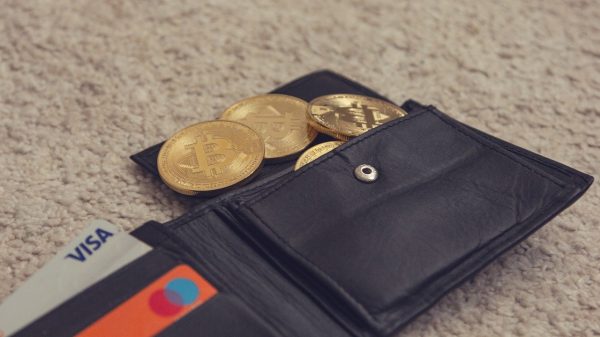The expert committee's report on non-personal data (NPD) "should still remain in the committee's ambit as opposed to going into the government just yet because the committee is a group of experts, and I don't think we're at that stage where the government can just take that document, at least the last form that you and I saw it in, and make it into something real. I think we need to prolong the process, I think we need more consultation on this, and the committee should put out one more draft for consultation," Astha Kapoor, co-founder of Aapti Institute, said in an interview with MediaNama. Kapoor also shared her thoughts on why NPD sharing is valuable, what are the challenges in sharing NPD, how can sharing be incentivised, what are some issues with the expert committee's report on NPD and how are other countries dealing with regulating NPD. Here's a video of the complete interview along with selected excerpts below. https://youtu.be/WvQdXSj6KPs You can also access Aapti Institute's research report on NPD that dives into more detail here. Why do we need sharing of non-personal data? "There are certain categories of data that have a value attached to it. So if you look at just mobility data, the fact that Google Maps is able to tell us how much time things are going to take, it also helps cities plan for congestion, helps drivers plan their routes, etc. There's a certain value for certain kinds of information and it needs to be…





























